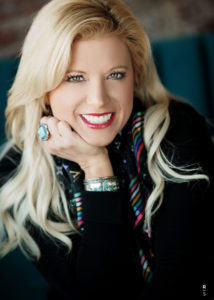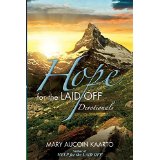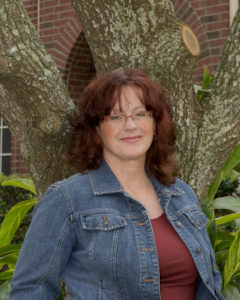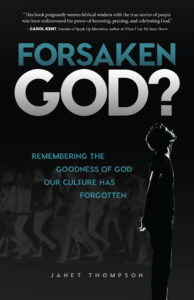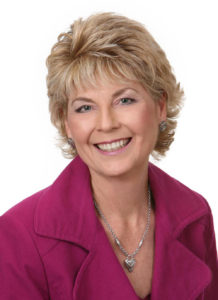Often as an author, when I get e-mails from readers, I hear stories of devastation, where not only a person’s marriage is in shambles, but a child is rebelling, a house is in foreclosure, jobs have been lost, a mother is dying, and more. Crisis seems to come in clusters. One misfortune would certainly be enough for any person to handle, yet many times catastrophe piles on top of calamity until a person can scarcely breathe—crushed beneath the weight of disaster.
Some of you may feel like this now. In the middle of this pandemic, sickness threatens in every corner of the globe bringing fear about everything you touch. But even if you’re able to keep that monster at bay, your finances may be drying up; debtors call on the phone and you try to decide between paying a bill and buying food. In addition, perhaps in an already stressed family situation your brain has begun to feel like it’s about to explode in the close quarters of your living space.
The fear and anxiety is mounting to an unprecedented level, and you simply don’t know where to turn.
Psalms 107 recites story after story of people in dire distress who came to the end of their rope. Some were wanderers with no place to live and nothing to eat and drink, some were in prison, some were suffering addictive behavior, some traveled on the seas in ships during a tempest. And in each situation, they came to the end of their ropes when they saw no hope. But when they came to this point, The Bible says, “Then they cried out to the Lord in their trouble, and he delivered them from their distress.” Psalm 107:6
They couldn’t stand it any longer, and they cried out to the Lord in their trouble. I’ve been there. I’ve felt like that. I can feel that cry! Can’t you? A cry that comes from deep within the soul. A cry that says I can’t do this anymore. A cry of desperation. A cry of deep pain.
Just as in those emails I get, you may be in this place too. With the world collapsing around you, you may be crying out to God for answers.
Why does this happen though? Why does a loving God allow the problems to accumulate, hit all at the same time, and the pain to grow until we feel utterly helpless to deal with what is happening in our lives? Has He no mercy? When is enough enough?
C.S. Lewis in his book, The Problem of Pain, says, “God whispers to us in our pleasures, speaks in our conscience, but shouts in our pain. It is His megaphone to rouse a deaf world.”
Often it is only when we are suffocating beneath the load of crisis that we truly come to a place where we cry out to Him and are willing to surrender our wrestling wills to Him. After one attack occurs, we may be in the process of looking for help. We think about praying. Maybe we do. Maybe we bow our heads in prayer and ask God to solve the dilemma. But when the problems begin to pile up, we feel paralyzed. There is nowhere to turn. God becomes our only hope. Even then we doubt and wonder, and only by God’s grace do we hold on.
It’s hard, but we have no place else to go. Our hearts melt in helplessness, and we hold onto God.
As our dependence on Him grows, roots begin to take hold in the soil of our souls. We go deeper. What began as only a temporary surrender, stays longer. Our characteristic tendency to recover quickly and then forget the God who brought us out of calamity dissipates as He keeps us longer in our place of dependence and strengthens our weak knees. When we have finally recovered, we will stand with confidence and new resilience and be transformed into more of what God called us to become.
And perhaps we will be ready to listen to what He wants to say to us. Perhaps we will hear His voice when he attempts to steer us in new directions. Perhaps we will be more willing to look into ourselves to see what changes He might want us to make.
There’s no more wonderful feeling than knowing God has heard your cry and delivered you from your distress. The hard part is coming to that place of surrender when you truly “cry out” to the Lord instead of stewing in the trouble.
Remember, what Satan means for your destruction, God means for your good. Remember to call on His name! And stay with Him. Wait on Him. Wait to see the deliverance of your God.



